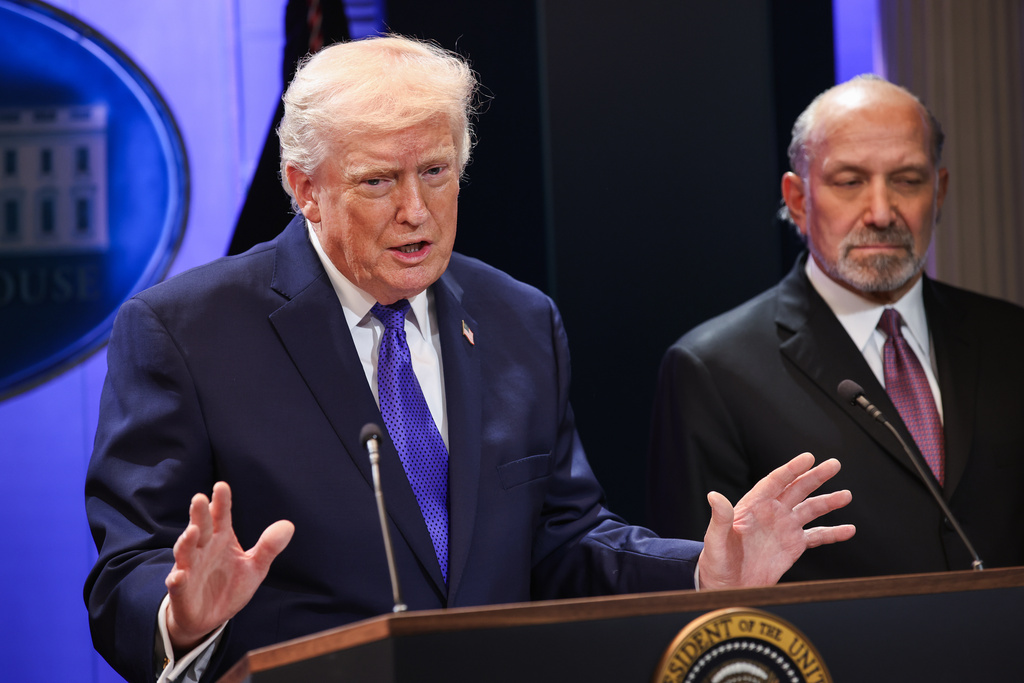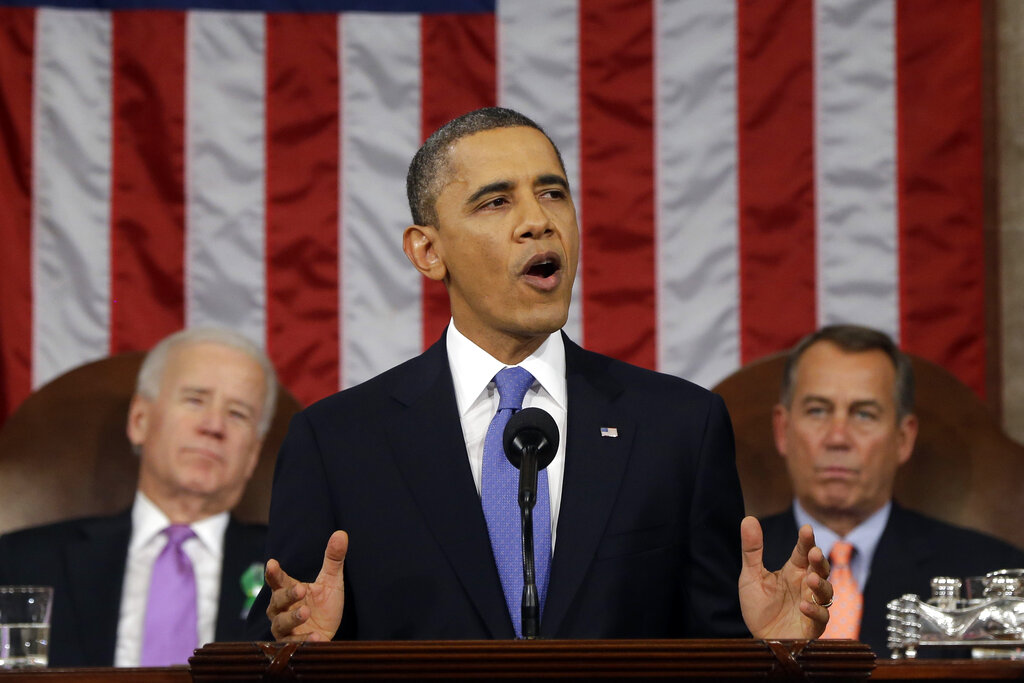President Donald Trump has made no secret of his dissatisfaction with Federal Reserve Chair Jerome Powell. In recent weeks, he has publicly pressured Powell to lower interest rates and even floated the idea of firing him – although he said on April 22 that he had no intention to do so. But it still begs the question of how much authority a president actually has over the Federal Reserve and its leadership.
Here is what you need to know.
The Federal Reserve Is Designed to Be Independent
The Federal Reserve was established by Congress in 1913 to serve as the central bank of the United States. Its primary role is to manage inflation, ensure the stability of the financial system, and promote maximum employment. To do this effectively, Congress designed it to operate independently from short-term political interests.
The president appoints members of the Federal Reserve Board of Governors, including the Chair. Governors serve staggered 14-year terms, and the Chair serves a renewable four-year term. According to the law, once confirmed by the Senate, these officials cannot be removed just because the president disagrees with their policies.
Most legal experts across the board agree: firing a Federal Reserve Chair without cause (such as a serious ethical lapse or corruption) would likely violate the Federal Reserve Act and face serious legal challenges. Most economists and market watchers worry a president firing the Federal Reserve chair could cause major problems in financial markets.
RELATED: How The Federal Reserve Is Structured
What Authority the President Does Have Over the Fed
While the president cannot directly control the Fed’s monetary policy decisions, there are ways the White House can shape the Federal Reserve over time.
First, the president appoints members of the Fed’s Board of Governors when vacancies arise. These appointments require Senate confirmation, but they can influence the overall direction of the board. The president also selects one of these confirmed governors to serve as Chair whenever the term of the existing chair expires
Second, the president can use public statements to pressure the Fed. These comments may have political weight but carry no legal force. The real power to set interest rates lies with the Federal Open Market Committee (FOMC), which includes the seven governors and five regional bank presidents.
In short: the president can appoint, comment, and critique, but not command.
Why Federal Reserve Independence Matters
Central bank independence has long been seen as a cornerstone of stable economic policy and most developed countries have independent central banks for that reason. Interest rate decisions made based on long-term economic indicators are believed to help prevent inflation, reduce market volatility, and promote confidence.
History shows what can go wrong when political pressure dominates central banking. A study by the University of Maryland found President Richard Nixon’s direct pressure on Federal Reserve Chair Arthur Burns in 1971-1972 to ease monetary policy before the election led to a sustained inflationary surge. A study by the National Bureau of Economic Research estimated that this political interference caused interest rates to drop and resulted in a 5% permanent increase in the price level within four years.
Preserving the Fed’s independence helps avoid repeating those kind of mistakes.
Could the President Fire the Fed Chair?
No president in modern U.S. history has fired a Federal Reserve Chair. Doing so for explicitly policy-related reasons so would set a dangerous precedent and almost certainly end up in court.
Trump’s suggestion that he might remove Powell is legally dubious and politically risky. It would raise legal questions and likely trigger market instability.
Why This Debate Matters to Every American
Interest rate decisions affect mortgage rates, credit card interest, car loans, and retirement savings. If the Federal Reserve becomes a political tool, everyday Americans will feel the consequences.
Looking for the latest in your inbox? Sign up for emails from No Labels.
Related
Sam Zickar
Sam Zickar is Senior Writer at No Labels. He earned a degree in Modern History and International Relations from the University of St Andrews and previously worked in various writing and communications roles in Congress. He lives in the Washington, D.C. area and enjoys exercise and spending time in nature.




